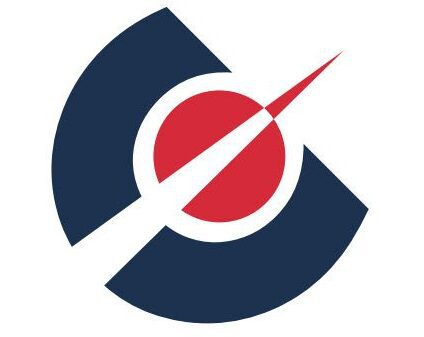Your resume is often the first impression you make on a potential employer, so it’s important to make sure it’s presenting you in the best possible light. While you may be tempted to include every detail of your work history and accomplishments, there are some things you should leave off. Here are four things you should take off your resume, and one thing you should add instead.
- Irrelevant work experience
- While it may seem like a good idea to include every job you’ve ever had on your resume, including irrelevant work experience can actually hurt your chances of getting hired. Employers want to see how your experience relates to the job you’re applying for, so make sure you only include relevant work experience.
2. High school education
- Unless you’re a recent high school graduate or your high school education is directly relevant to the job you’re applying for, leave it off your resume. Employers are more interested in your college education and any relevant certifications or training you’ve received.
3. Objective Statement
- Gone are the days of including an objective statement on your resume. Instead, use a professional summary to highlight your skills and experience, and show how you can add value to the company.
4. Personal information
- Personal information, such as your age, marital status, or religious affiliation, has no place on your resume. It’s not relevant to the job, and including it can open you up to discrimination.
Now, what 1 thing should you add to your resume instead?
Quantifiable achievements
- Employers want to see concrete examples of how you’ve contributed to your previous companies. Instead of just listing your job duties, include specific achievements that demonstrate your skills and abilities. For example, instead of saying “Managed a team of salespeople,” say “Increased sales revenue by 20% through effective management of a team of 10 salespeople.”
Military-focused quantifiable achievement:
- Reduced outdated, excessive policies by 30%, negotiated innovative analysis of 3000 U.S. documents.
- Saved $1.1M by simultaneously implementing lean initiatives with squadron initiatives, earning 4 Cost Conscious Culture awards.
- Managed personnel actions maintained a 98% on-time record for evaluations and secured a 100% success rate for departing personnel.
By taking off irrelevant work experience, high school education, objective statements, and personal information, and adding quantifiable achievements, you’ll create a resume that showcases your skills and experience in the best possible light. Remember, your resume is a marketing tool, so make sure it’s selling you effectively to potential employers.
If you don’t know what type of resume you need, take the free quiz specific for Military & Veterans “What Type of Resume Do I Need?”
Written by Cassie Hatcher, CEO of Career Confidence LLC, a Certified Professional Resume Writer (CPRW), and Certified Veteran Career Strategist (CVCS) who translates military leadership experience to ensure your resume is on target for the civilian workforce.
For 10+ years, Career Confidence Resume Services has specialized in translating military experience into accomplishments-focused resumes. Our goal is to help military service members find their next mission with a resume that captures employers’ attention and highlights their unique military experience.
If you are a military service member, click here to get in contact with us.
We have a couple of great resources including a free quiz designed specifically for Military & Veterans to answer the question, What type of resume do I need?“
This quiz takes 5 minutes on average to complete.
If you already have a resume you can purchase a $50 in-depth resume review with a screen-recorded, comprehensive analysis from a Certified Professional Resume Writer (CPRW).
Please share this article with a fellow servicemember who is transitioning into the civilian workforce!
